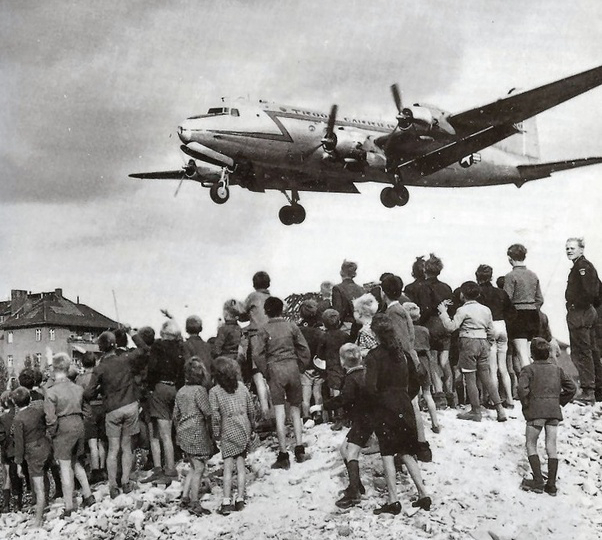What was the reason behind the Soviet Union’s desire to take over West Berlin?
What was the reason behind the Soviet Union’s desire to take over West Berlin? The Soviet Union’s desire to take over West Berlin was rooted in a combination of strategic, ideological, and political motivations during the early stages of the Cold War. Here are the key reasons:
Strategic Importance
West Berlin, though deep within East Germany, was controlled by the Western Allies (the U.S., U.K., and France). For the Soviets, this enclave of Western influence in the middle of their Eastern Bloc was a strategic vulnerability. Control over West Berlin would have solidified Soviet influence over all of Germany, ensuring that the country remained firmly under Soviet dominance, both geographically and politically.
Symbol of Western Influence
West Berlin became a symbol of Western democracy and capitalism, standing in stark contrast to the socialist system in East Berlin and East Germany. The Soviet Union wanted to eliminate this visible and ideological challenge to its authority in Eastern Europe. West Berlin represented a showcase for the success of Western capitalism, and the Soviets feared that it could inspire East Germans and other Eastern Bloc citizens to question the Soviet system.
Preventing Refugee Outflow
West Berlin was also a gateway for East Germans and Eastern Europeans to escape to the West. By 1961, before the construction of the Berlin Wall, over 3.5 million East Germans had fled to West Germany through Berlin. This massive exodus was a major embarrassment for the Soviet-backed East German government and undermined the stability of the Eastern Bloc. Taking over West Berlin would close this escape route.
Cold War Tensions and Prestige
Berlin was at the heart of Cold War tensions, and control over the city had immense symbolic value. For Soviet leader Nikita Khrushchev, taking over West Berlin would be a significant victory in the Cold War, asserting Soviet dominance in Europe. It would also be a way to pressure the Western Allies into diplomatic concessions on broader issues, such as the recognition of East Germany and the withdrawal of U.S. nuclear forces from Europe.
Pressuring the West
Throughout the late 1940s and 1950s, the Soviet Union repeatedly tried to force the Western Allies out of West Berlin, most notably during the Berlin Blockade of 1948–1949. By controlling West Berlin, the Soviets sought to exert leverage over the Western powers and potentially drive a wedge between the U.S. and its European allies.
Ultimately, while the Soviet Union did not succeed in taking over West Berlin, these motivations led to a series of crises and confrontations in the city, culminating in the construction of the Berlin Wall in 1961, which physically divided East and West Berlin until 1989.


